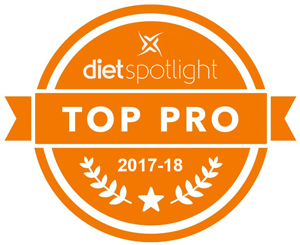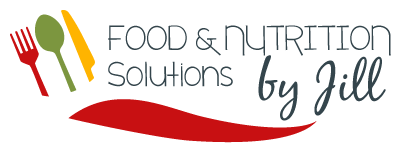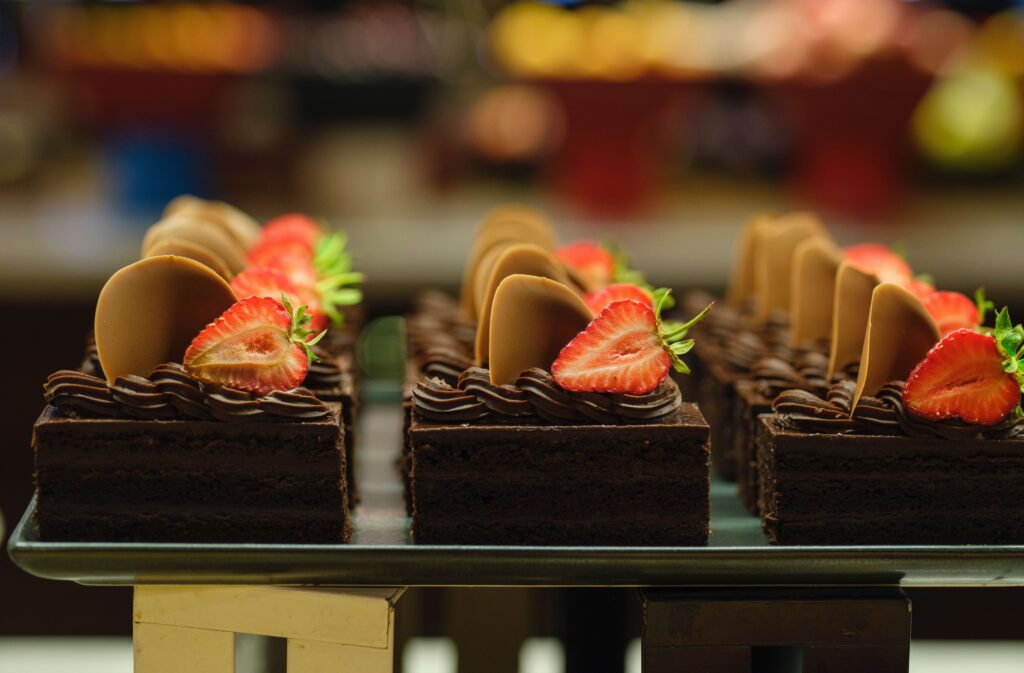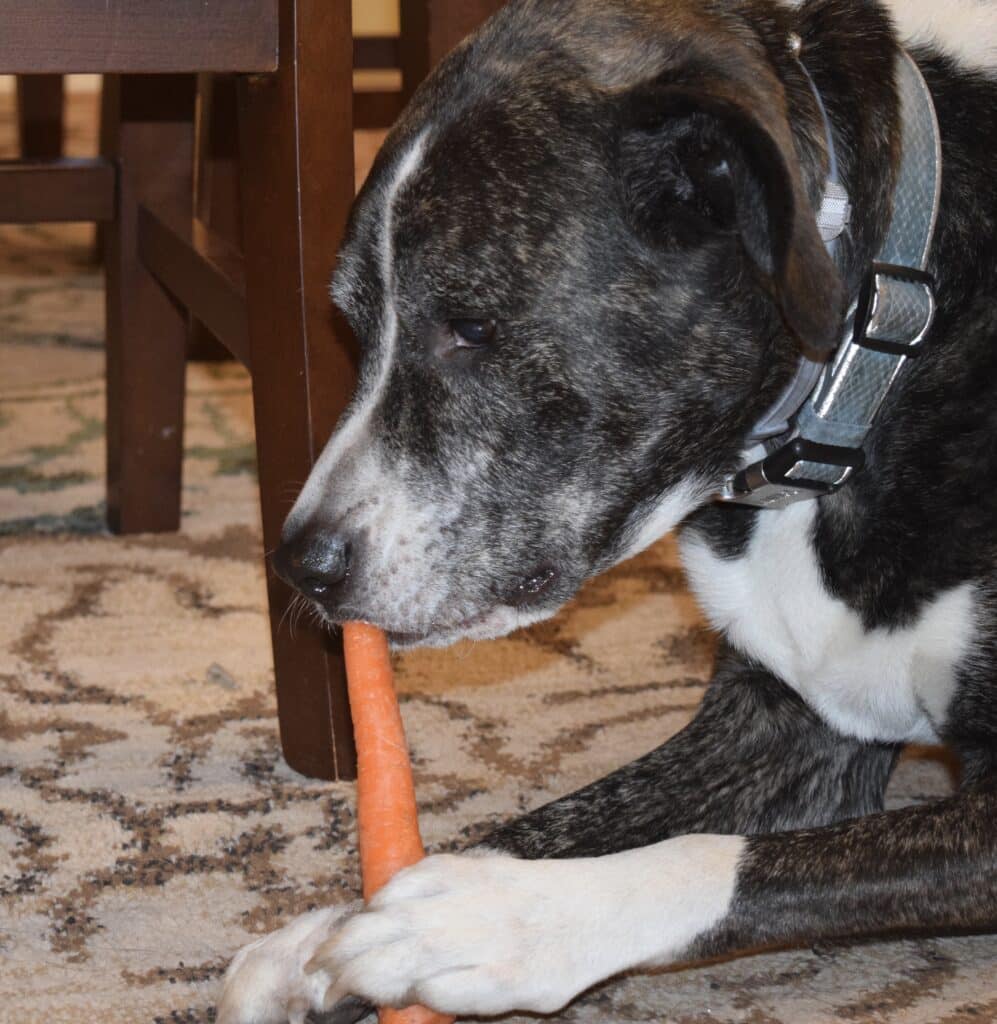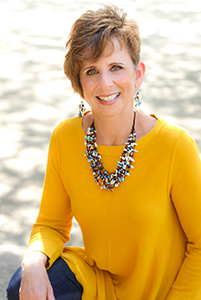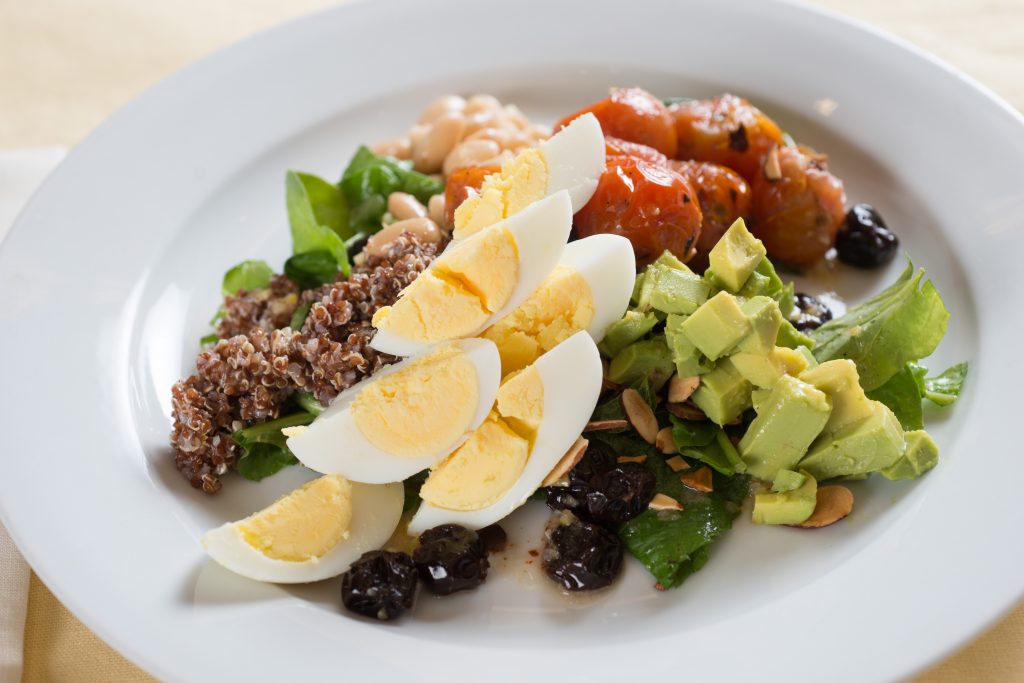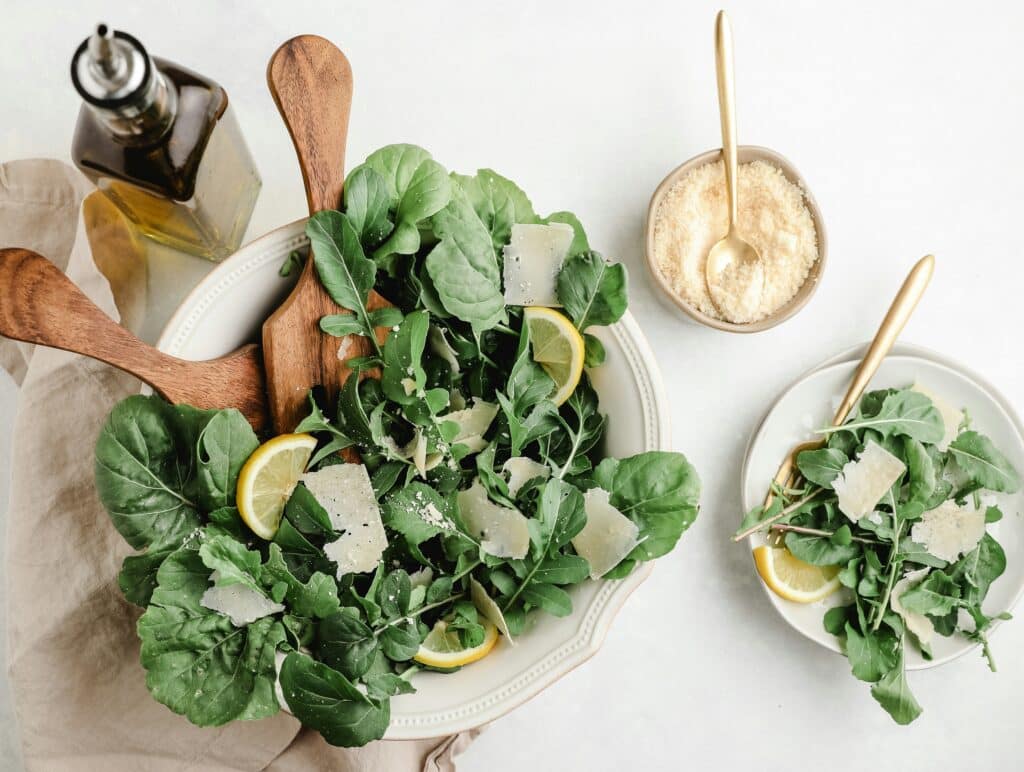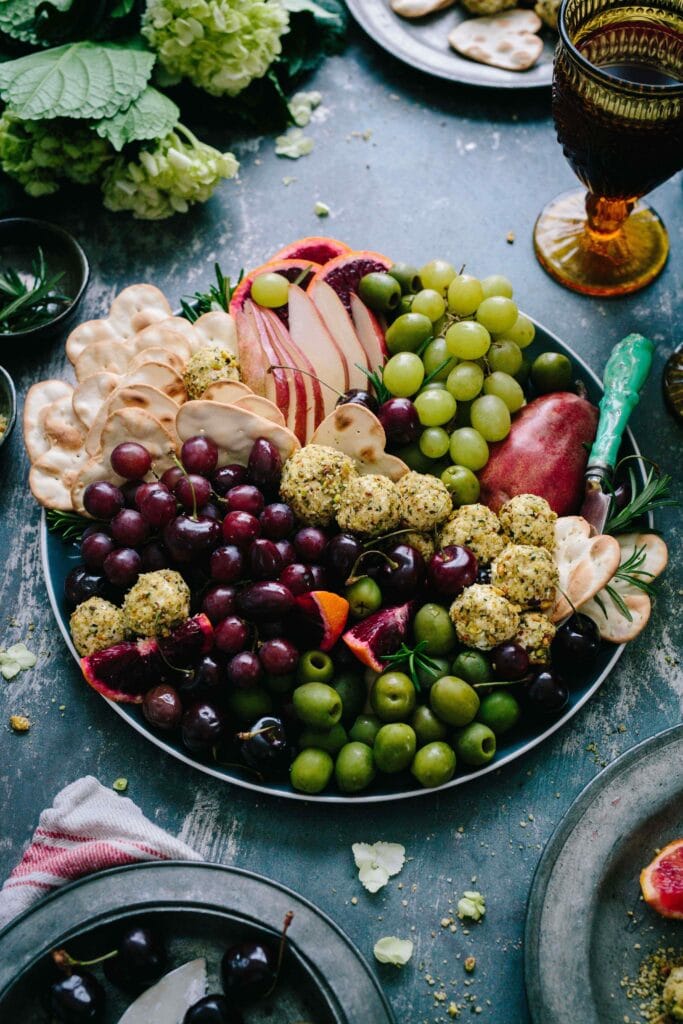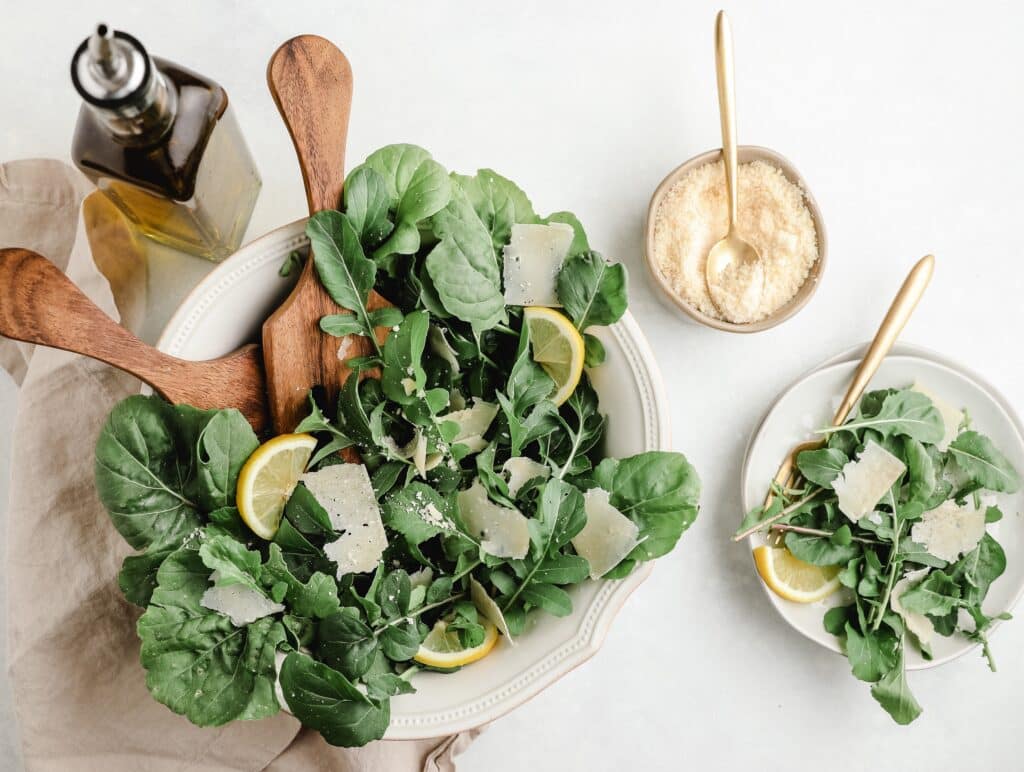End your regret with 5 simple mental tricks for better eating habits
These surprising mind hacks or mental tricks will help you stay on the healthy eating path without white-knuckled willpower. Try it and see!
Have you ever vowed to stay away from the dessert table only to find yourself pulled in by its sugar-coated gravitational force and your willpower vanished into a black hole?
I have.
What about healthy snacking gone awry? Have you reached into the fridge for your carrot sticks but instead found the queso dip and heard the chips in the pantry beckon like a siren at the same time? If that developed into a chip-dipping frenzy, chances are you ended your snack with crunchy regret.
I’ve yet to meet a health-minded person who didn’t at least occasionally regret some eating indulgence.
What can you do to stay on track?
Eating healthfully in a world of unhealthful choices isn’t easy. And more willpower is rarely the answer. So what can you do?
Researchers hypothesize and test tactics. And health-seekers, like you and me, stumble upon our own strategies.
We know that mindset matters and self-compassion is key. With that in mind, I’ve collected 5 mind hacks that can help you don your Radish Avenger cape and keep your Cookie Monster bib tucked into a drawer until it’s time to call it out.
5 mental tricks for healthier eating & less regret
Mental trick #1: Drop the should; use could
Let’s say you’re getting ready for a backyard gathering with macaroni salad, homemade chocolate ice cream sandwiches, mojitos, and other food and beverages your healthy self wants you to ignore – or at least limit. But your fun, spontaneous and food-loving self wants you to get them all while you can.
With a bit of nervousness mixed with dread, your healthy self brainstorms strategies to help you enjoy the party without later regretting an over-indulgence.
Harvard researchers might have the perfect brainstorming process for your healthy self.
Ask yourself: What could you do? Not: What should you do?
In a study looking at moral dilemmas (I am not implying that eating macaroni salad, ice cream sandwiches, and mojitos is a moral problem), researchers found that participants thinking about what they could do instead of what they should do came up with better solutions. In his book, Magic Words, Jonah Berger writes that asking yourself could allows you to bring a different mindset to your problem and to think more broadly. The result: more creative solutions.
He wrote:
Rather than black and white, or either/or, could encouraged people to realize that there might be alternative paths.
Next time you face a temptation (or any difficult problem), give could a try. And let us know how it goes.
Mental trick #2: Turn verbs into nouns
Not only does how you speak to yourself influence the creativity of your brainstorming sessions, your inner voice also shapes your identity.
I am a dog lover, an espresso drinker, and a jogger.
Someone else might say, “I love dogs and espresso, and I jog a lot.”
Researchers find that using the noun version (which usually includes –er at the end of the word) instead of the verb form of a word influences both ourselves and others to assume the trait is more permanent. “She is a hard worker” has more stability and strength than “She works hard.” This was proven more than a decade ago when researchers boosted voter turnout by 15% by speaking to people about being a voter rather than the act of voting. Voting is an action, but being a voter is an identity.
In Atomic Habits, James Clear tells readers to focus on who they wish to be rather than what they want to achieve.
Instead of speaking to yourself – and others – about eating healthfully, talk about being a healthy eater.
Be a vegetable-lover, instead of someone who eats vegetables.
Can you identify as a runner or dancer or cyclist instead of someone who runs, dances, and bikes?
Starting now, I am a meditator, not someone who meditates.
Mental trick #3: Say don’t, not can’t
“I can’t eat ice cream because it raises my blood sugar.” “I can’t buy chips because I eat too many.”
What would it be like if we swapped out can’t for don’t?
“I don’t eat ice cream because it raises my blood sugar higher than I want it to go.”
“I don’t buy chips because they tempt me so much.”
The can’t statements are disempowering. They imply I have no choice. Saying can’t sounds like I want to eat ice cream and buy chips, but I’m not allowed.
When I say don’t, I acknowledge making a choice.
Next time you struggle to stick to a goal, say don’t, instead of can’t. To go deeper, pull out a journal and a pencil and write down why you don’t do such and such. I bet you’ll feel empowered and in control because you’ll see your choice more clearly.
Here are other disempowering phrases that can ruin your diet. Make sure you don’t say them!
Mental trick #4: Visualize
Close your eyes and use your imagination to visualize what you want.
But don’t simply visualize the outcome – like getting a healthy cholesterol report or lowering your A1C. Instead, visualize your actions to get those desired results. Picture yourself opening a menu and ordering a healthy meal. See yourself driving to the gym, walking in, and moving through a series of exercises.
You’ll break down the process and plan the small steps better instead of feeling overwhelmed by your long-term goal.
One researched and validated method of visualization is called WOOP which was developed by psychologist Gabriele Oettingen. Using this 4-step method, you’ll imagine your success, acknowledge your obstacles, and finish with a realistic plan. Learn more about WOOP and get a WOOP worksheet here.
Mental trick #5: Jump to the future
This mind hack was new to me until I read Your Future Self by Hal Hershfield.
Future You will appreciate your morning jog and your breakfast of yogurt and fruit.
But Present You wants to hit the snooze button, yank the covers over your face, and grab something out of the snack machine instead of eating breakfast at all.
According to Hershfield, Present You tends to ignore Future You because the two of You aren’t closely connected. He writes that feeling more connected to your future self will help you make better decisions for your long-term well-being, including saving for retirement, snacking on fruits and vegetables, and saying no to that second cocktail.
So how do you bridge the gap between Present and Future You? Hershfield suggests talking to yourself while looking at age-progressed images. Apparently, there are apps for that, and I may have to give it a try. You can also write letters to future you or letters from future you. Other people have suggested writing your obituary as a way to more fully imagine your ideal future self.
Take action
Pick at least one of these mind hacks to try out next time you’re at a crossroads between a crunchy salad and crunchy regret. And don your Radish Avenger cape proudly!
Filed Under: Mindset, Weight Loss
Tagged: blood sugar, diabetes, heart healthy, prediabetes, weight loss, willpower
Jill Weisenberger
I'm Jill, and I believe simple changes in your mindset and health habits can bring life-changing rewards. And I don't believe in willpower. It's waaaay overrated. As a food-loving registered dietitian nutritionist, certified diabetes care and education specialist and certified health and wellness coach, I've helped thousands of people solve their food and nutrition problems. If you're looking for a better way to master this whole healthy eating/healthy living thing or if you're trying to prevent or manage diabetes or heart problems, you'll find plenty of resources right here.
Leave a Reply
Welcome to my Blog
Hi there! I'm Jill, a nutrition & diabetes expert and the author of 4 books.
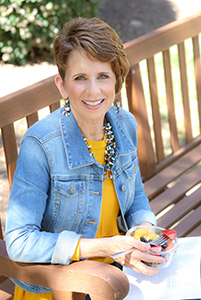
I believe simple changes in health habits can bring you life-changing rewards.
And I believe willpower is way overrated.
Right here is where you can discover the mindset and habits to stick with healthy lifestyle choices most of the time - and drop the guilt when you don't.
Get the Second Edition!

Featured Posts
